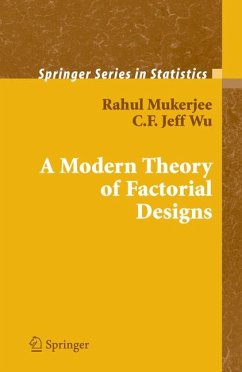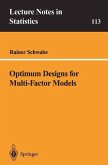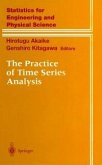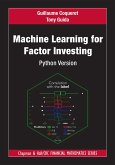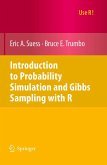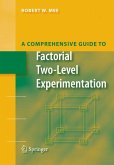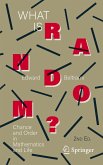Rahul Mukerjee is a Professor of Statistics at the Indian Institute of Management Calcutta. Formerly, he was a Professor at the Indian Statistical Institute. He is a co-author of four other research monographs including two from Springer and one from Wiley. A Fellow of the Institute of Mathematical Statistics and the Indian National Science Academy, Professor Mukerjee has served on the editorial boards of several international journals. He is a recipient of the S.S. Bhatnagar Award, the most well-known scientific honor from the Government of India.
C. F. Jeff Wu is Coca Cola Chair Professor in Engineering Statistics at Georgia Institute of Technology. Prior to 2003, he taught statistics at U. of Wisconsin, U. of Waterloo and U. of Michigan. He wrote with M. Hamada the applied design text Experiments: Planning, Analysis and Parameter Design Optimization by Wiley in 2000. He has served on various editorial boards. For his work in theory and methodology, including major work on design of experiments, he has won numerous awards and professional fellowships, including the COPSS Award and membership on the U.S. National Academy of Engineering.
Dieser Download kann aus rechtlichen Gründen nur mit Rechnungsadresse in A, B, BG, CY, CZ, D, DK, EW, E, FIN, F, GR, HR, H, IRL, I, LT, L, LR, M, NL, PL, P, R, S, SLO, SK ausgeliefert werden.
"Minimum aberration (shortened to MA in this text) is a central feature in this excellent monograph, and the authors' stated intentions of 'providing a comprehensive account of the modern theory of factorial designs with the NMA appraoch at its core' (p. 4) are fully achieved." N.R. Draper for Short Book Reviews of the ISI, December 2006
"This book provides a unified summary of current research on the assessment through optimality criteria and construction methods for factorial and fractional factorial designs. ...[I]t contains excellent insights into this important class of desings." Christine Anderson-Cook, JASA, Vol. 102, No. 478, June 2007
"This book covers the theory of selecting minimum aberration factorial designs. ... The book will serve as a great text for an advanced graduate level course in design theory for students ... . The book will surely become an invaluable resource for researchers and graduate students doing research ... . In addition, practitioners will also find the book useful ... . Overall, this is a very well written book and a necessary addition to the existing literature on the design of factorial experiments." (Jason Loeppky, Technometrics, Vol. 49 (3), August, 2007)
"This book presents the modern theory of regular fractional factorial designs and is written by two leading experts in the field. It is intended for researchers, but practitioners will find useful the many tables of designs that are included. ... This book is invaluable for someone who wants to understand this literature. Because the authors and their students are responsible for much of this literature, the book should be of great interest to anyone involved in research in this area." (William I. Notz, Mathematical Reviews, Issue 2007e)

